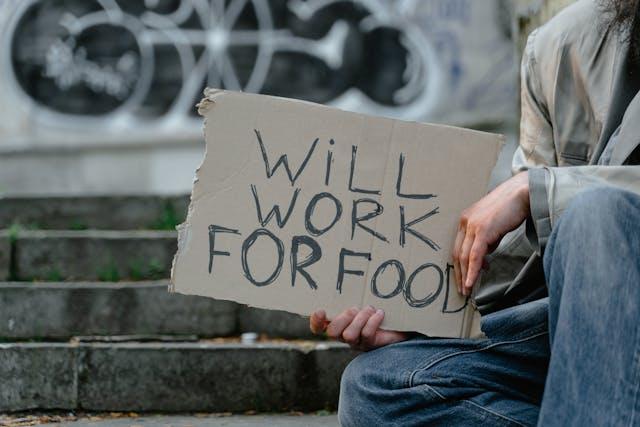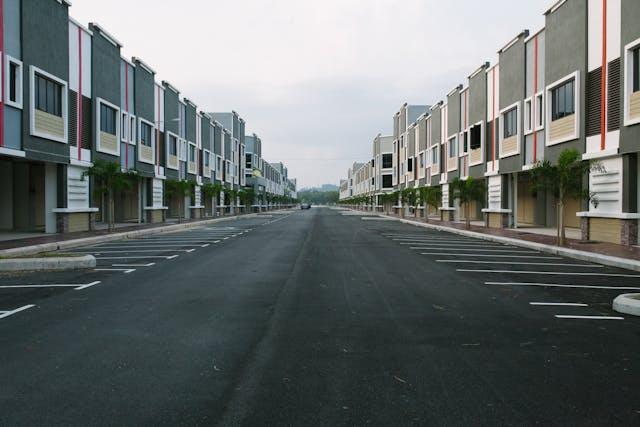The new legislation will waive permit fees to provide support for San Francisco nightlife and entertainment businesses
using the City’s JAM permitting program
SAN FRANCISCO – On Tuesday, December 12 the Board of Supervisors approved a package of entertainment permit modernization reforms sponsored by Mayor London N. Breed. The legislation will provide important relief to San Francisco nightlife and entertainment businesses by waiving permit fees so that businesses may continue to offer outdoor music and entertainment activities they began during the pandemic using the City’s innovative “Just Add Music” (JAM) permitting program.
With the sunsetting of the JAM program at the end of the pandemic, businesses seeking to offer entertainment or amplified sound in outdoor parklets and patios must acquire entertainment permits (or amend preexisting permits) to cover this activity. While a Limited Live Performance Permit or a Fixed Place Outdoor Amplified Sound Permit would normally require an application fee of $562 or $792, respectively, these fees will be waived through funding allocated by the Office of Economic and Workforce Development. Through this waiver, businesses will be able to continue hosting local musicians and entertainers to create dynamic outdoor experiences for patrons and passersby.
“San Francisco’s nightlife and vibrant entertainment scene are part of what makes San Francisco so unique, and we are committed to making it as easy and affordable as possible for businesses to host local musicians and entertainers,” said Mayor Breed. “This legislation will deliver important fee relief so that our parklets can remain full of music, along with important improvements to help our nightlife sector continue to thrive and more entertainment options for our residents and visitors to enjoy.”
In addition to this waiver, this legislation will also adopt numerous reforms to streamline the bureaucracy around entertainment permitting, saving business owners time and money by removing unnecessary referrals and hearings.
This legislation will:
- Waive entertainment permit application fees for any business that held a Just Add Music (JAM) permit during the pandemic and now seeks to continue that outdoor entertainment or amplified sound on an ongoing basis. Businesses that are getting an entertainment permit for the first time will also have their initial license fees waived.
- Waive application fees for short-term permits for any business that held a JAM permit and is seeking to continue entertainment and/or amplified sound activities while awaiting approval of an application for a legislated Shared Spaces parklet or sidewalk tables and chairs permit.
- Waive entertainment permit application and initial license fees for existing businesses that are newly able to apply for entertainment permits due to zoning changes. Recent SoMa zoning changes now enable some longtime businesses to acquire entertainment permits. This change will support these businesses and seeks to encourage policymakers to further reform entertainment zoning to allow more arts and culture uses citywide.
- Remove the requirement that applications for Place of Entertainment permits be referred to the Department of Building Inspection where a premise has held a Place of Entertainment permit within the past year. This reform would save time and money for operators seeking to acquire an existing Place of Entertainment, reducing the barriers to the retention of existing venues.
- Remove the requirement that applications for Fixed Place Amplified Sound permits be referred to the Department of Public Health. This reform would save time and money for operators seeking to establish outdoor amplified sound, including businesses seeking to continue activity they began during the pandemic.
- Remove outdated operating standards for arcades that require unnecessary staffing and infrastructure to receive a permit to operate an arcade.
- Remove the hearing requirement for a billiard parlor permit to save time for businesses seeking to install pool tables. The Entertainment Commission would still be able to require a hearing in cases involving operators that have received complaints within the past year.
- Expand where businesses may acquire Limited Live Performance (LLP) permits to include outdoor patios that are not surrounded by enclosed buildings, such as rooftops and open-air lots. While some businesses in these spaces have received LLP permits to-date, this reform will clarify the ability of businesses to receive LLP permits for such spaces.
- Exempt a school from the requirement to obtain an entertainment or amplified sound permit in order to conduct activities that occur on school premises in the regular course of school operations.
- Clarify various technical elements of Entertainment Commission application process.
“Music and entertainment are vital to our city’s recovery, not just because they are important contributors to jobs and our economy, but because they bring San Franciscans together. Building on successful programs launched during the pandemic, this legislation will make it easier for artists, performers and entertainers to enliven outdoor spaces. Most importantly, along with other efforts underway to bolster arts and entertainment, it will help keep San Francisco fun!” said Sarah Dennis Phillips, Executive Director of the Office of Economic and Workforce Development.
Now that the Board of Supervisors has approved this legislation, it will now go before the Mayor later this week to sign it into law. Once it takes effect in January, the Entertainment Commission will begin waiving fees covered by this legislation and issuing refunds to eligible businesses that have already paid these fees since January 2023.
“With the goal of encouraging and sustaining entertainment and cultural activity across all neighborhoods, this legislation comes at a critical moment as our businesses and artists continue to recover from the economic impacts of the pandemic,” said Maggie Weiland, Entertainment Commission executive director. “We are grateful to Mayor Breed for her ongoing commitment to support our industry’s revitalization through financial relief and reducing red tape.”
“When the city offered a JAM permit to play music outside, I couldn’t install speakers fast enough. What better way to enhance my customer experience with soft background music and complement my newest outdoor addition. Furthermore, it’s no secret the alarming impact Covid has had on restaurants and I was more than grateful when the city waived the fee. This is another indication what the city is doing to support small businesses,” said Jennifer Corwin, owner of Tia Margarita Restaurant.
“Music plays a pivotal role in the success of our business, enabling us to cultivate a warm and welcoming atmosphere that would be otherwise unattainable,” said Ryen Motzek, owner of City Station. “The entertainment permit fee being waived is undoubtedly an added advantage, particularly in light of the ongoing impact of the pandemic.”
The Office of Economic and Workforce Development also launched an application portal for San Francisco music and entertainment venues to curate concerts as part of the SF Live Initiative, which will produce a new series of live performances presented at outdoor parks and plazas in 2024. Participating venues will be matched with nonprofit production partners to produce these concerts, with all of the event costs, as well as stipends of up to $3,000 to participating venues, underwritten by SF Live. Venue operators can learn more about this opportunity and apply to participate at oewd.org/SFLive.
The goals of the SF Live initiative are to showcase and support the San Francisco music and entertainment sector, boost neighborhood vitality and enhance the city’s economic recovery through arts and culture. SF Live is being funded through a $2.5 million allocation from the California State Legislature led by City Attorney David Chiu, when he was an Assemblymember. SF Live is also funding the development of coordinated marketing and branding for San Francisco’s music and entertainment industry that will also launch next year.
(SF Mayor’s Office Release)





